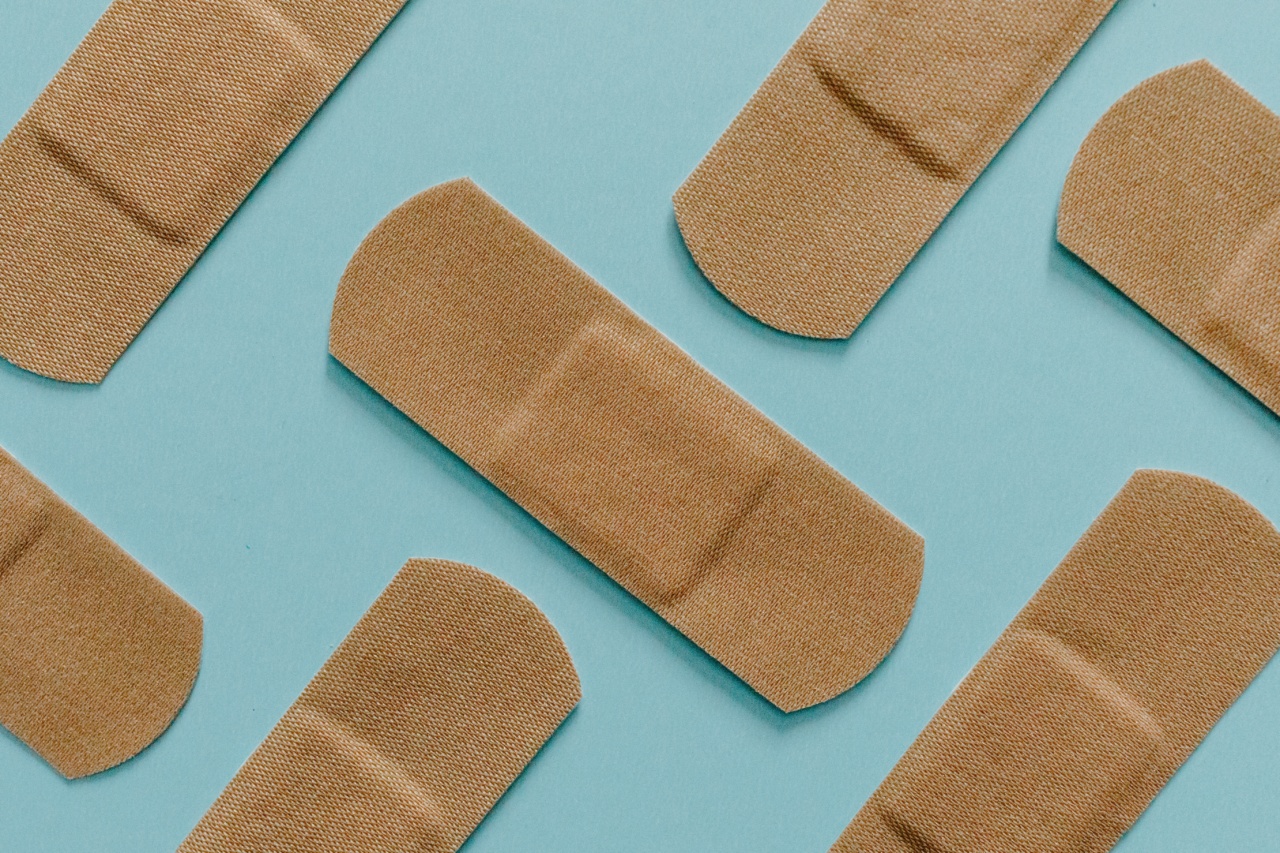When we experience different types of pain due to illness, injury, or simple wear and tear, many of us reach for over-the-counter (OTC) pain relievers such as acetaminophen, ibuprofen, and aspirin.
These medications, also known as analgesics or painkillers, have been widely used to manage mild to moderate pain, reduce fever, and alleviate inflammation for years. However, recent studies have found that one of the most popular painkillers, acetaminophen, can cause serious liver damage when used improperly, in large amounts, or combined with certain other drugs.
Below, we will review the links between acetaminophen and liver problems, highlight the factors that increase the risk of acetaminophen-related liver damage, and provide suggestions on how to use acetaminophen safely and minimize the risk of adverse effects.
What is Acetaminophen and How Does it Work?
Acetaminophen, also called paracetamol, is a medicine that belongs to the class of analgesics and antipyretics, which means it can relieve pain and reduce fever.
It is commonly found in OTC products such as Tylenol, Midol, Robitussin, Alka-Seltzer, and NyQuil, as well as prescription drugs like Percocet, Vicodin, and Tylenol with Codeine. Acetaminophen works by inhibiting the production of prostaglandins, which are chemicals that cause pain and fever in response to injury or illness.
By blocking prostaglandins, acetaminophen can reduce pain signals to the brain and lower body temperature.
What are the Risks of Acetaminophen?
Although acetaminophen is generally safe and effective when used as directed, it can cause liver damage and even liver failure if taken in excessive amounts or in combination with other medications that also affect the liver.
The liver is the body’s main detoxifying organ, responsible for breaking down and eliminating drugs, alcohol, and toxins from the blood. When the liver is overloaded with too much acetaminophen, it can produce a toxic byproduct called N-acetyl-p-benzoquinone imine (NAPQI) that can damage liver cells and lead to inflammation, scarring, and functional impairment.
The risk of liver damage from acetaminophen is higher in people who have pre-existing liver problems, such as hepatitis, cirrhosis, or fatty liver disease, or who consume alcohol regularly or excessively.
How Much Acetaminophen is Safe to Take?
The recommended maximum daily dose of acetaminophen for adults is 4,000 milligrams (mg), which is equivalent to eight extra-strength Tylenol tablets.
However, some experts suggest that even this amount may be too high for some people, especially those with liver issues or who take other medications that contain acetaminophen. For children and teenagers, the dose of acetaminophen depends on their weight and age, and should be determined by a healthcare provider.
Taking more than the recommended dose of acetaminophen can increase the risk of liver damage, as well as cause other side effects such as nausea, vomiting, dizziness, and headache. Acetaminophen overdose is a serious medical emergency that can lead to liver failure, coma, and death if not treated immediately.
How to Use Acetaminophen Safely?
To minimize the risk of liver damage and other side effects, it is important to use acetaminophen safely and wisely. Here are some tips to follow:.
- Read and follow the label directions carefully, including the recommended dose, frequency, and duration of use.
- Do not exceed the maximum daily dose of 4,000 mg, and do not take two or more products that contain acetaminophen at the same time.
- Be aware of other medications that contain acetaminophen, such as cold and flu remedies, cough suppressants, sleep aids, and pain relievers. Always check the active ingredients list and avoid duplicating the same drug.
- Avoid alcohol while taking acetaminophen, as it can increase the risk of liver damage.
- Consult a healthcare provider before taking acetaminophen if you have a history of liver problems, or if you take other medications that affect the liver, such as statins, anticonvulsants, or antibiotics.
- If you experience any signs of liver damage, such as yellowing of the skin or eyes, abdominal pain, nausea, fatigue, or dark urine, stop taking acetaminophen and seek medical attention.
Conclusion
Acetaminophen is a popular and effective pain reliever that can help millions of people manage their symptoms. However, it is not without risks, particularly when taken in excessive amounts or in combination with other drugs.
By understanding the links between acetaminophen and liver damage, and taking appropriate precautions, we can use this medication safely and avoid harm. If you have any concerns or questions about acetaminophen or other pain relievers, talk to a healthcare provider or pharmacist for personalized advice.































